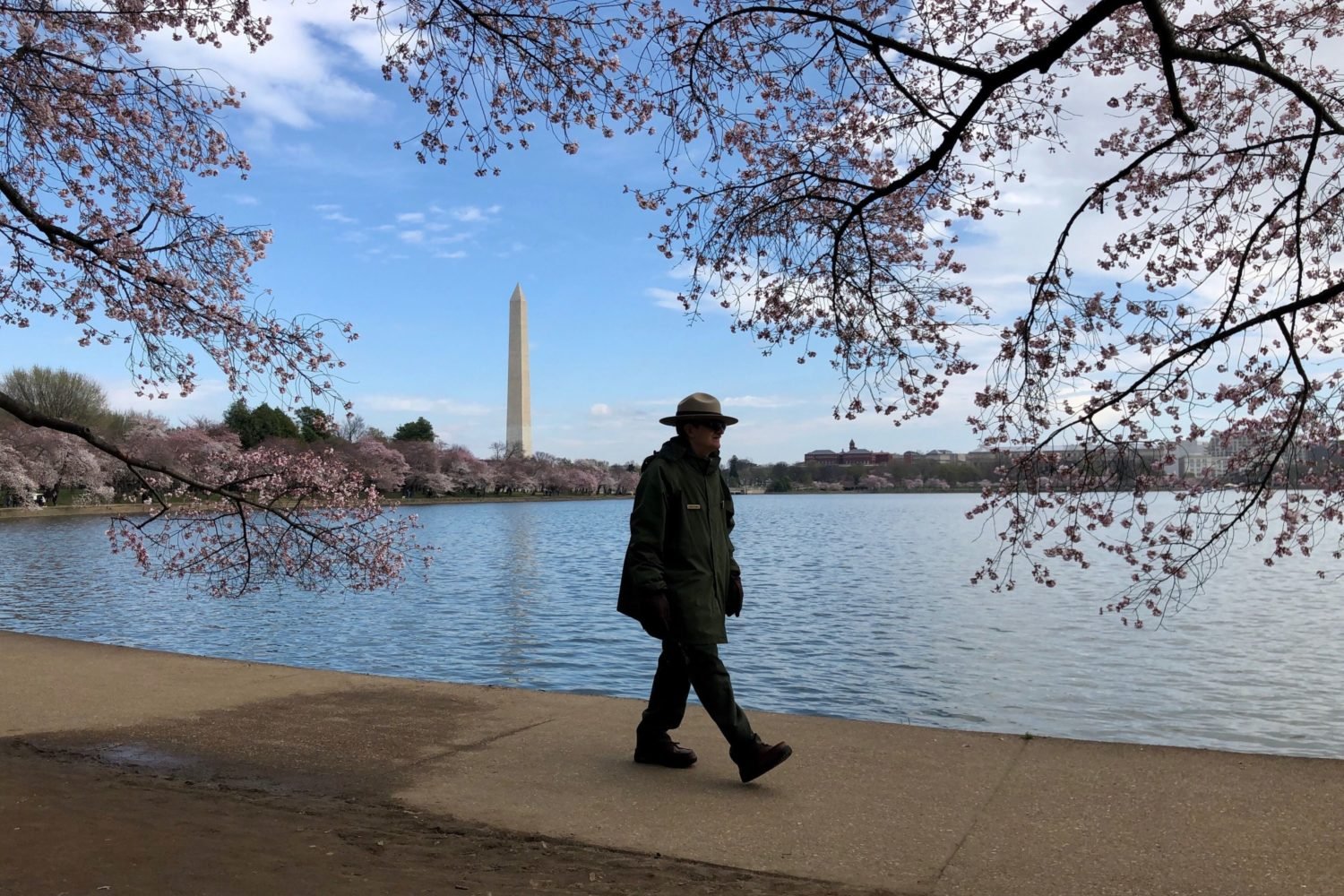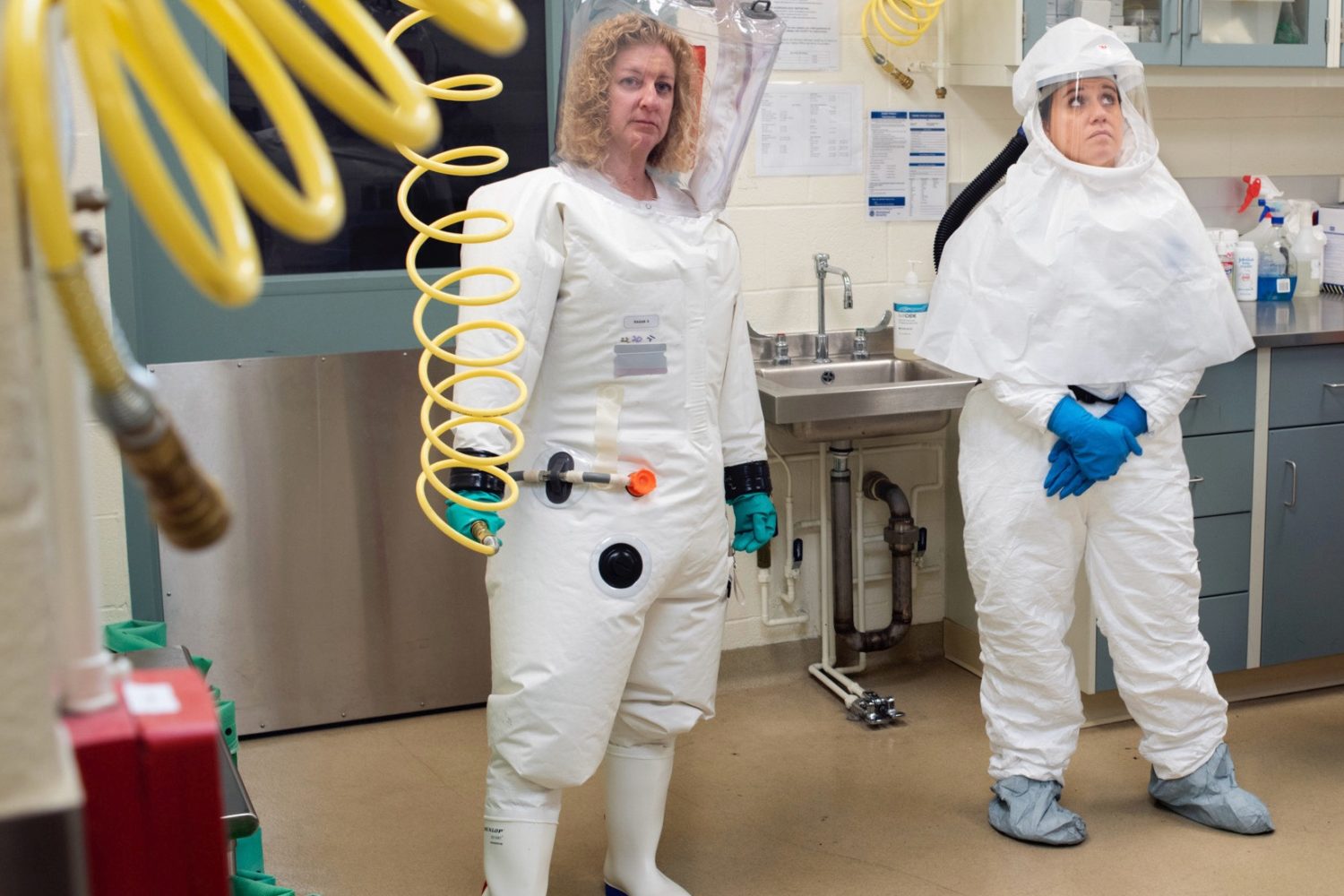About Coronavirus 2020
Washingtonian is keeping you up to date on the coronavirus around DC.

Dear Dr. Sulmasy,
I’m the mother of a two-year-old son and my husband and I are now both working from home while caring for him (due to the crisis). We’re doing our best to keep the house clean and disinfected during this time, but I’m wondering: Is it ethical to have our house cleaner come? She’s been cleaning our house every two weeks for the past three years.
Daniel P. Sulmasy, MD, PhD, acting director of the Kennedy Institute of Ethics and faculty member of the Pellegrino Center, Georgetown University: I feel for you. Being cooped up at home all day is no fun and trying to care for your son while still working adds stress and will no doubt eat into your work productivity. I do think that essential services requiring individual workers to come to your home, such as mail delivery and necessary home repairs, ought to continue, provided proper precautions are taken. I also think services that can facilitate your work productivity significantly can continue if these can be accomplished within the guidelines of social distancing (for example, having your nanny move in if you have a large enough home, or letting her come on a daily basis provided she is very strict about hand washing, doesn’t go to underground parties by night and come to your home by day, etc.).
I would not judge, however, that house cleaning meets either of these criteria. You could let this service go for a month, even two, and do some light cleaning yourself, without endangering anyone or really eating significantly into your work. Given these considerations, it seems the added risk to you, your family, her, and others from this intermittent, non-essential contact outweighs the good it might do for you and for her.
You might also be concerned about your house cleaner’s income, and that would be noble. I would argue that if you and your husband are still being paid by your employers and it would not cause too much of a dent in your wallets, then you should strongly consider continuing to pay her during this time when we are all operating under public-health-emergency guidelines. If she is a freelance worker, she will absolutely depend on this continued income. If she is employed by a service, she will be in danger of being laid off. Service workers like her are going to be the most hard hit by the economic fallout from social distancing. If she has been laid off, you might even consider continuing to pay her directly or giving her a big tip, and commit to re-hiring her once the crisis has passed. It is a matter of social justice—we should do what we can to help those most negatively affected by social-distancing practices from which we all, hopefully, will benefit.
Washington, DC, has not yet been severely hit by Covid-19. As of this writing [Sunday night], my hospital, Medstar Georgetown University Hospital, has only needed to admit three patients with this disease. A colleague of mine in Brooklyn told me tonight that his hospital has 91 such patients. If we pitch in together we can, as they say, “flatten the curve.” Thanks for asking how best to do your part.


















